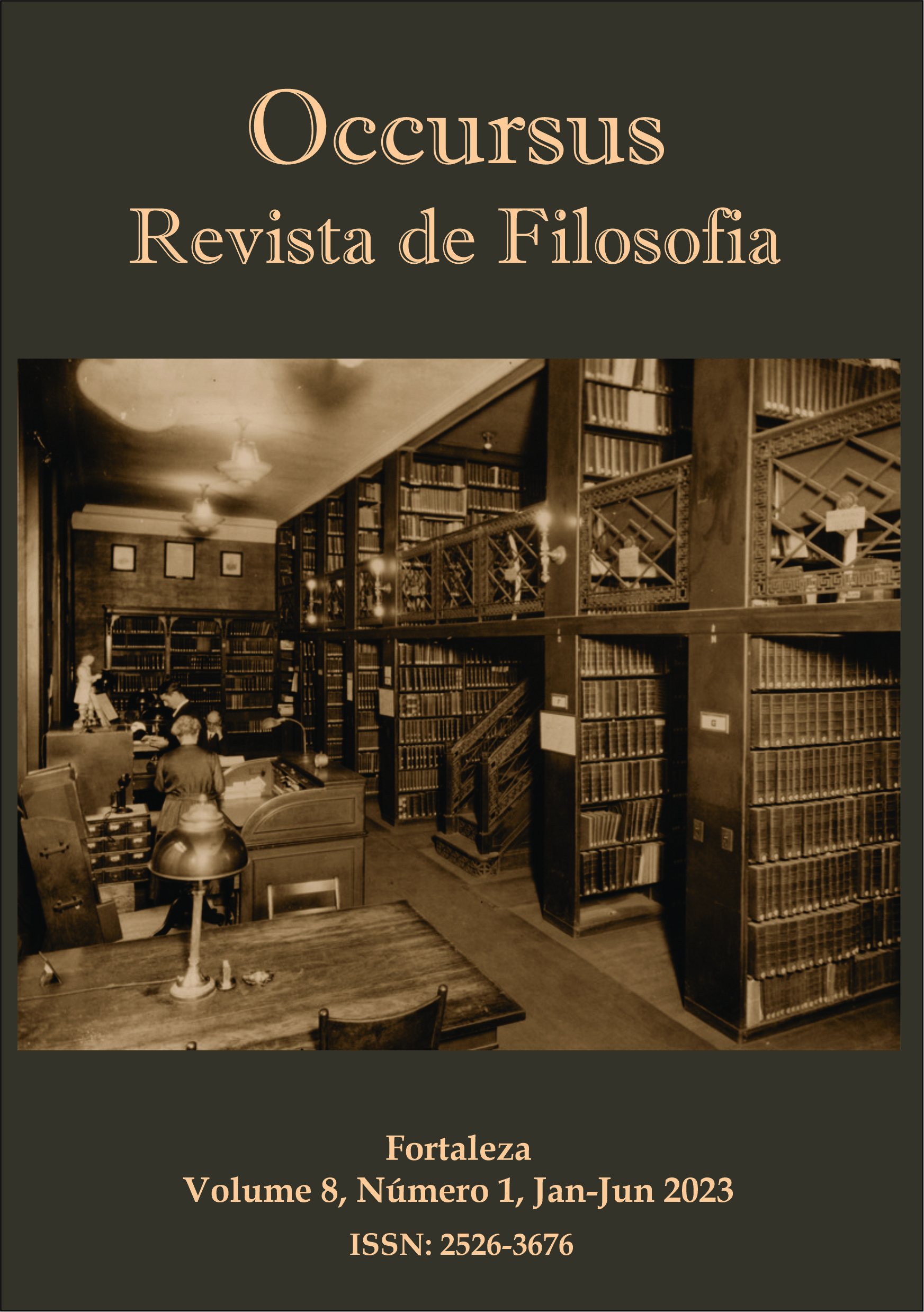Política e educação em Hannah Arendt
Keywords:
Educação. Política. Hannah Arendt.Abstract
This article intends to discuss the concepts of education and politics based on categories from Arendt's thought, especially: birth rate and freedom. These concepts are discussed separately, as well as their connection with the complex conceptual network of the author's work. It presents the question of the meaning of politics in Arendt's thought and its connection with the scope of interpretations of politics in the West. Her set of ideas related to this topic is presented, such as the dimensions of active life, the notion of public space and, finally, the notion of freedom as the foundation of the politics that permeates the author's work, bringing to light the conception negativity of politics to which Arendt refers. In the category of education, Arendt's conception of education is related to some of the educational conceptions constructed by Western thought. It is proposed to approach the objective of understanding education - especially education in Arendt - as a phenomenon. Based on the basic ideas surrounding the crisis in modern education, we seek to clarify what, in Arendt's view, education would actually be, and, therefore, its meaning and purpose. The connection between politics and education is discussed based on the writer's thoughts, addressing the distinctions between the two categories and pointing to possible similarities between them.
References
AGUIAR, Odílio Alves. Direitos humanos como “direito a ter direitos” em Hannah Arendt. In: AGUIAR, Odílio Alves et. al. (Orgs.). Filosofia e Direitos humanos. Fortaleza: Ed. UFC, 2006.
ALMEIDA, V. Educação em Hannah Arendt: Entre o mundo deserto e o amor ao mundo. São Paulo: Cortez, 2011.
ARENDT, H. A condição humana. Trad. R. Raposo; revisão técnica A. Correia. 13. Ed. Rio de Janeiro: Forense Universitária, 2016.
ARENDT, H. Origens do Totalitarismo. Trad. R. Raposo. São Paulo: Companhia das Letras, 2012.
ARENDT, H. Diário filosófico. Barcelona: Herder, 2006.
ECCEL, D. Natalidade. In: CORREIA, Adriano [et al]. Dicionário de Hannah Arendt, 1. ed. São Paulo. Edições 70, 2022.
FREIRE, Paulo. A alfabetização de adultos: crítica de sua visão ingênua; compreensão de sua visão crítica. In: Ação Cultural para a Liberdade: e outros escritos. Rio de Janeiro: Paz e Terra, 2003.
NETO, R. Hannah Arendt e a biopolítica: distinção e indistinção entre mundo e vida. Princípios: Revista de Filosofia. Natal (RN), v. 19, n. 31. Janeiro/Junho de 2012, p. 181-207.
PORCELL, B. Autoridade. In: CORREIA, Adriano [et al]. Dicionário de Hannah Arendt, 1. ed. São Paulo: Edições 70, 2022.
SILVA, R. Ensino de filosofia e responsabilidade pelo mundo: aproximações (in) adequadas entre Paulo Freire e Hannah Arendt. ARGUMENTOS - Revista de Filosofia/UFC. Fortaleza, ano 12, n. 24 - jul.-dez. 2020.
Downloads
Published
How to Cite
Issue
Section
License
Copyright (c) 2024 Sara de Sousa Moura, Vicente Thiago Freire Brazil

This work is licensed under a Creative Commons Attribution 4.0 International License.




